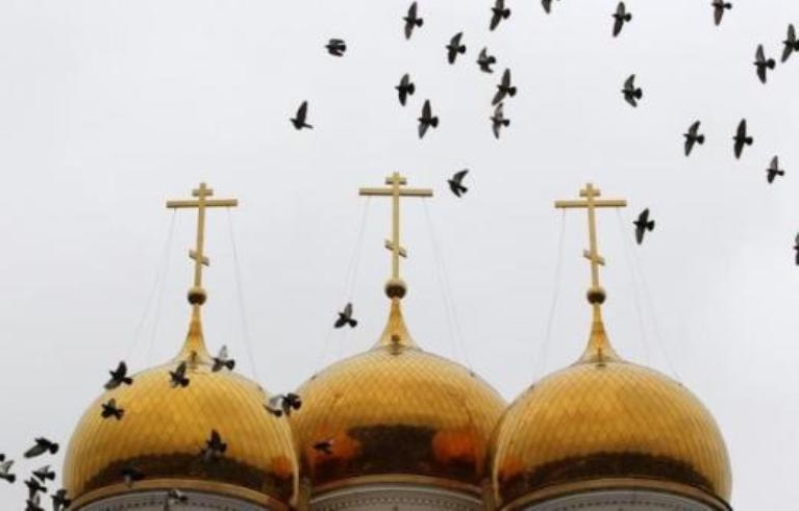
Since Russian President Vladimir Putin signed an anti-terrorism law, Christians among the country's churches have been praying and fasting to come together to cry out to God. While the bill was placed under the umbrella of "terrorism and extremism," most of the punishable, new crimes are related to worshipping at home, not reporting religious activity to authorities and not discussing God with non-believers.
The bill toughens punishment for acts deemed to be terrorism and for the organization of "mass unrest," according to the Los Angeles Times. It also introduces prison sentences of up to a year for those who fail to report such crimes.
"The church is appalled at the news of the new law. About 7,000 evangelical and protestant churches are in fasting and prayer at the moment over the news," Great Commission Ministries Chairman Hanny Haukka told Charisma News.
Haukka said the new law has at least 10, major changes:
- Foreign guests are not permitted to speak in churches unless they have a "work permit" from Russian authorities.
- If a friend or relative from outside Russia wishes to share his or her faith in a Russian home, the guest will be fined and expelled from Russia.
- Any discussion of God with non-believers is considered missionary activity, and will be punishable.
- Missionary activity will be permitted by special government permission. Example: If one who is traveling on a train shares his faith without written permission, the offender will be taken into police custody for the duration of the journey and will be fined 50,000 rubles, or $1,000.
- Offenders from the age of 14 will be subject to prosecution.
- Religious activity is no longer permitted in private homes. Most churches in Russia meet in homes.
- Every citizen is obligated to report religious activity, especially of neighbors, to the authorities. Failure to be an informant is punishable by law.
- One may pray, read the Bible at home, but not in the presence of a non-believing person. Such activity will be breaking the law and be punished.
- If the church has purchased property, it cannot be converted into a place of worship.
- In church buildings, it is not permitted to invite people to turn to God. Worship services are permitted but making a non-believer a follower of Christ is against the law.
American refugee Edward Snowden tweeted: "#Putin has signed a repressive new law that violates not only human rights, but common sense. Dark day for #Russia."
Critics are declaring the Yarovaya laws, aka the "Big Brother," as signs of the end times. The only official criticism of the legislation has come from the Presidential Human Rights Council, which highlighted ways in which the proposed amendments directly contradict the Constitution and existing laws.
Russian government officials have long been accused of using the "fight against terrorism and extremism" to justify repressive laws, reminds Charisma News.
Haukka pleads with believers around the world to join with Russian churches in prayer and fasting. "Russia is closing down in an awful way. The new law is in total conflict with the purpose and the task given to the church by the Lord. The law will send the church back into Soviet-era Communist persecution," he said.






